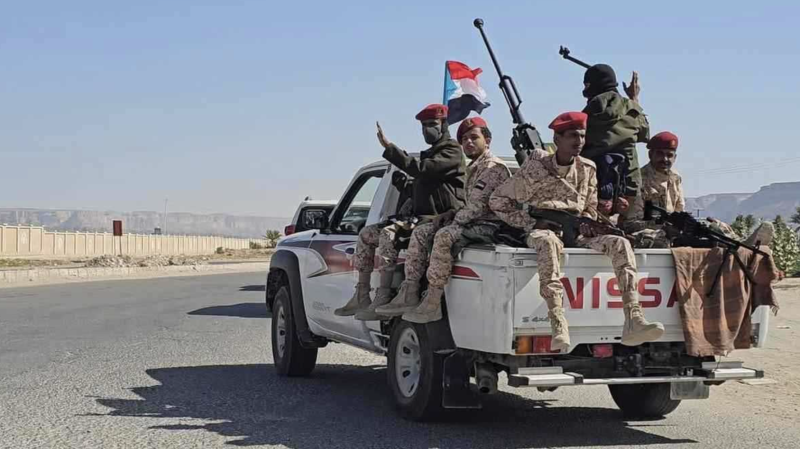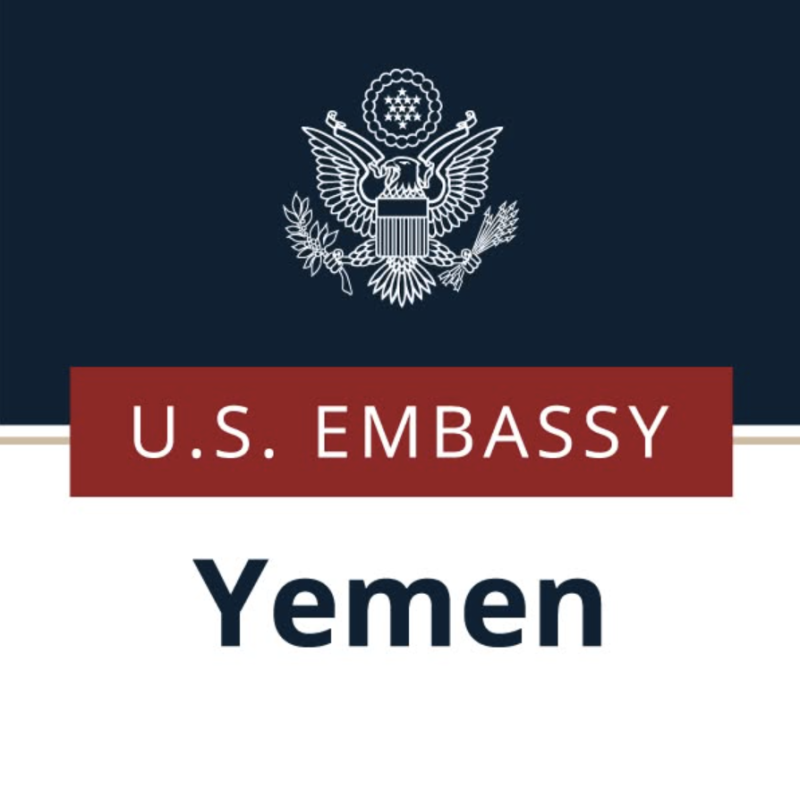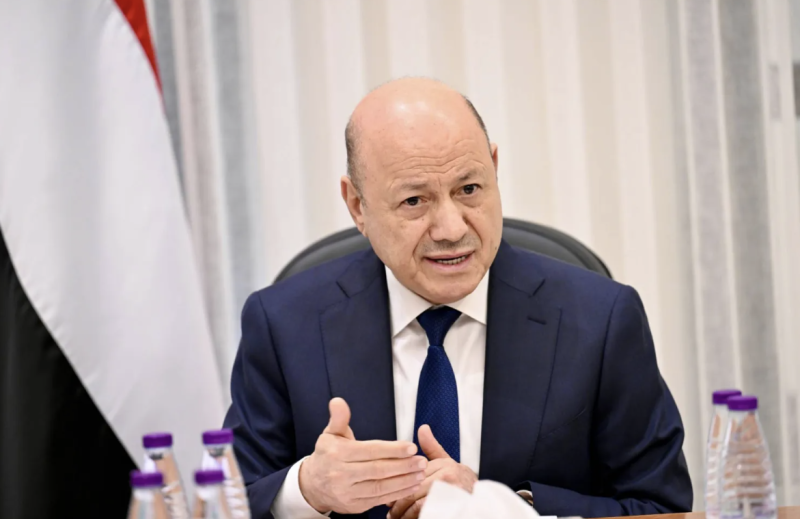U.N. Presses Yemen Warring Parties For Six-Month Truce Extension


The United Nations is urging Yemen’s warring parties to agree to a six-month truce extension. If agreed, this extension would be the longest in an ongoing conflict that has spanned across seven years.
Such an agreement would signify momentous progress in a war that has claimed the lives of an estimated 377,000 people, provoked a raging food insecurity in the lives of 19 million Yemenis, and made 24.1 million Yemenis—80% of the population—dependent on humanitarian aid and protection.
A statement issued by the Houthi Supreme Political Council (HSPC), the executive body of the Zaidi Shia Houthi movement that has been fighting Yemen’s Sunni–majority government since 2004, denounced extending a truce that they consider to be a “shocking and disappointing experience [that] cannot be repeated in the future.”
More worrisome is the HSPC’s stance on international intervention, which they perceive as a troublesome “interference in Yemen’s internal affairs [that] pose[s] the hugest obstacle for peace” because of its alleged disregard for Yemen’s sovereignty, independence, and stability.
These distrustful sentiments encapsulate the difficulty that mars peace building efforts. Actors on all sides of the conflict including the Iranian-backed Houthis, the Saudi–led coalition that backs the Yemeni government, the UN, the European Union, Britain, and the United States recognize the exigency for a long-lasting truce. But, unsettled grievances and frustrations amongst Yemen’s warring parties concerning adherence to the full terms of previous UN–negotiated ceasefires have pushed antagonists to seemingly irreconcilable positions. Thus, despite HSPC’s claims, international intervention in a worsening conflict is the best chance at facilitating reconciliation, reconstruction, and sustainable peace.
Failure of the international community to continue its push for an unprecedented measure of progress will, undoubtedly, have severe consequences. With many experts characterizing this civil war as a proxy war, conflict in Yemen furthers the Sunni-Shia divide that plagues the Middle East and is responsible for much of the region’s instability. As evaluated by the Middle East Institute, Yemen’s war has inflamed hostilities amongst the regional powerhouses of Iran, Saudi Arabia, the United Arab Emirates, Turkey, and Israel in their battle for regional dominance. Without international pressure, the future of the Middle East remains grim.
In spite of Yemen’s dire conditions, marginal peace efforts have proven to be encouraging. According to the Norwegian Refugee Council (NRC), civilian casualties from air strikes, shellfire and shooting decreased by more than 50 percent since the start of the two-month truce that began in April. But, “people are still being injured and killed by landmines and improvised explosive devices” at the same or at a higher rate as prior to the truce, according to Erin Hutchinson, the Yemen Country Director for the NRC. She continues to emphasize that this “shows the critical need for a long-lasting peace, so that these remnants of war can be removed and more lives saved.”
A six-month truce extension is the only way toward enduring peace: it allows for a phased approach that extends the opportunity for negotiations and advances the prospect of confronting Yemen’s desperate humanitarian crisis.

Aden – Yemeni media outlets reported on Wednesday that southern government forces in Hadramout confirmed the stability of the situation in th…

Washington – The United States has voiced concern over recent developments in southeastern Yemen, stressing the importance of avoiding any st…

Riyadh --  Yemen’s Presidential Leadership Council Chairman, Rashad al-Alimi, announced on Tuesday a nationwide state of emergency, effe…